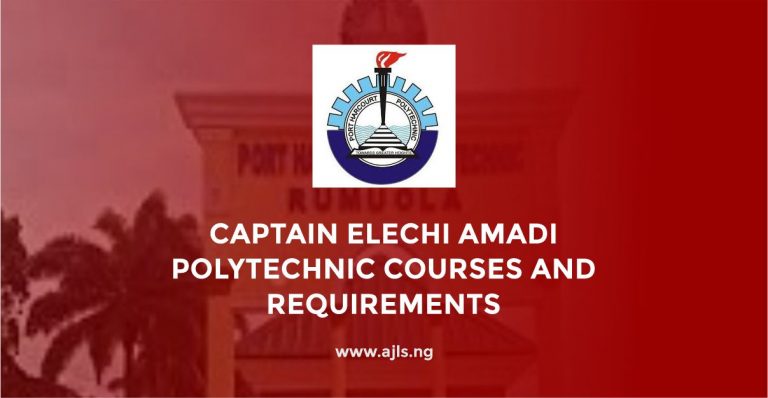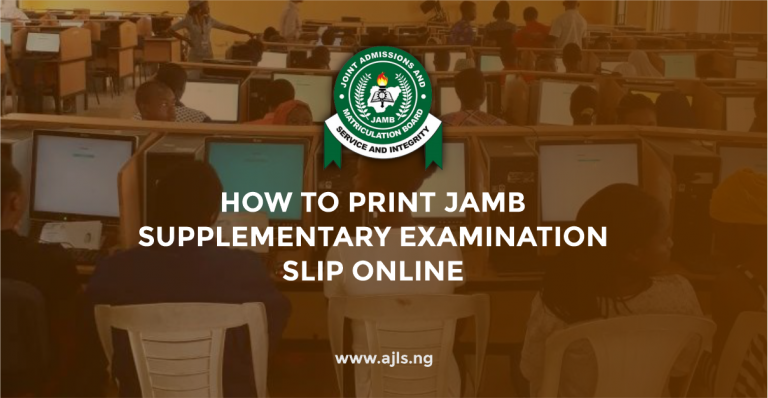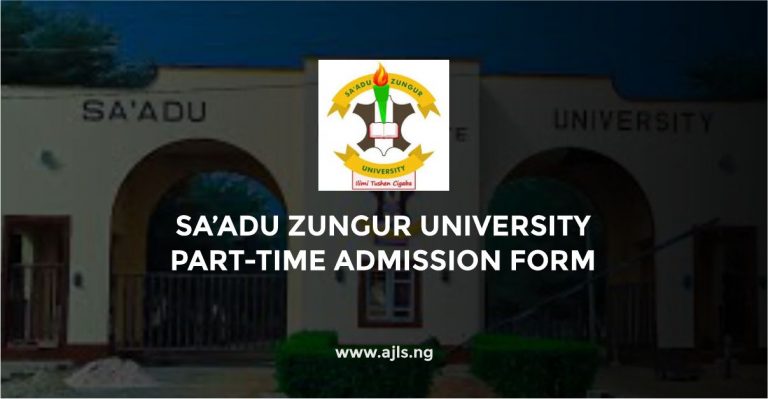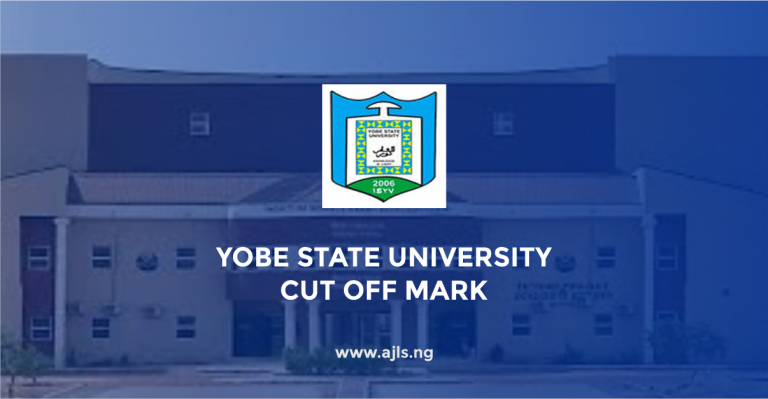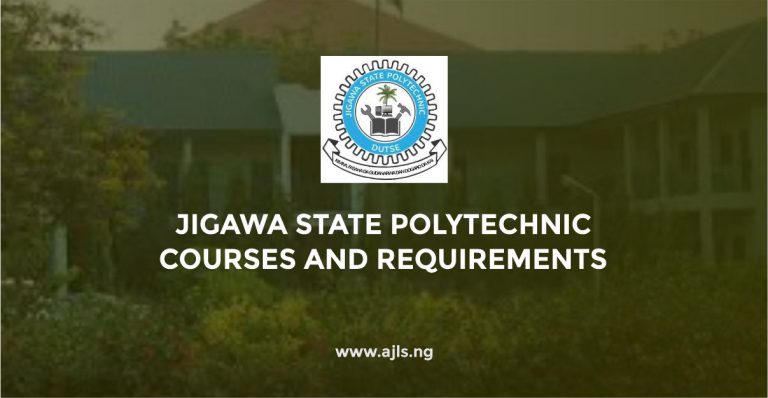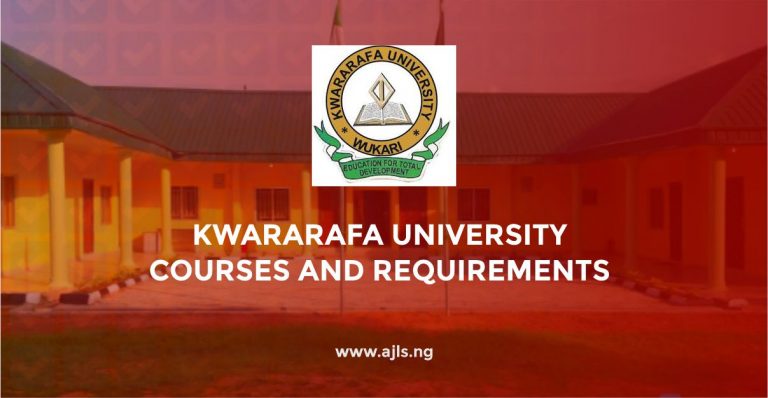WAEC Syllabus for History 2025
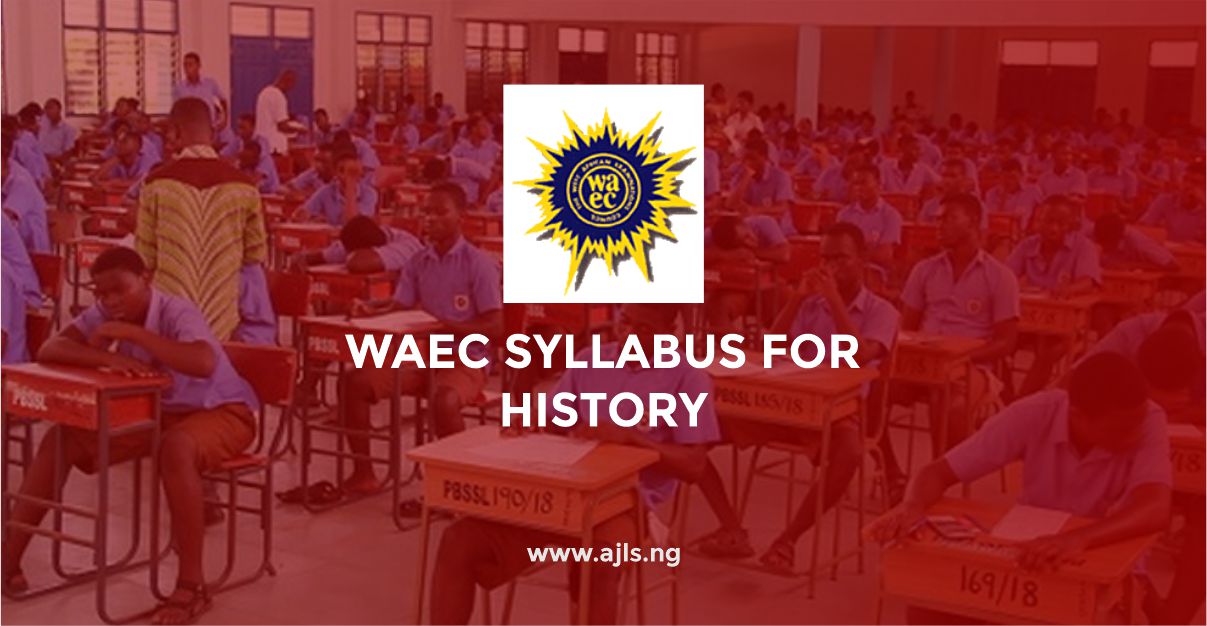
This page has comprehensive information about the WAEC Syllabus for History. Candidates who intend to write History in the West African Examination Council need to familiarize themselves with the syllabus, as it is a crucial document for all candidates.
A syllabus is essentially a roadmap for an academic course. It outlines the key elements of a class, providing students with a clear understanding of what to expect. The WAEC Syllabus for History provides a summary of the course content, objectives, and learning goals.
In essence, this page will outline the WAEC Syllabus for History. As a candidate if you had chosen History as one of the subjects to be written in the WAEC we encourage you to read this page as adequate information regarding the WAEC Syllabus for History and the WAEC recommended textbooks for History have been provided below.
WAEC Syllabus for History
The West African Examinations Council (WAEC) History syllabus is designed to assess candidates’ understanding of their national histories and the broader historical developments in West Africa up to the year 2000. The syllabus aims to:
- Develop knowledge of national histories from earliest times to 2000, emphasizing interrelationships among peoples and states.
- Enhance intellectual capacities for historical interpretation and analysis.
- Apply historical knowledge to contemporary issues.
- Foster appreciation for factors promoting national unity and global understanding.
- Expose students to similarities and differences in national, social, and political institutions.
- Relate West African historical events to global contexts.
Examination Structure:
The examination comprises two papers:
Paper 1: A multiple-choice objective test with fifty questions to be answered in 1 hour, accounting for 40 marks.
Paper 2: A 2-hour essay-type test divided into three sections (A, B, and C), each containing questions on the histories of member countries. Candidates must answer four questions, selecting at least one from each section, totaling 60 marks.
Syllabus Content
The syllabus is divided into two main parts: West Africa and the Wider World from Earliest Times to 2000 and National Histories.
West Africa and the Wider World from Earliest Times to 2000
- Historiography and Historical Skills: Understanding the nature, purpose, and sources of history; developing historical research skills; exploring the role of Information and Communication Technology (ICT) in historical studies.
- Trans-Saharan Trade: Examining the origin, organization, and impact of trans-Saharan trade on the development of West African states.
- Islam in West Africa: Studying the introduction, spread, and effects of Islam in the region.
- European Contact with West Africa: Analyzing the reasons for European exploration, immediate effects, and West African responses.
- Trans-Atlantic Slave Trade: Investigating the origin, organization, effects, and suppression of the slave trade.
- Christian Missionary Activities: Assessing the impact of Christian missionary work, including the suppression of the slave trade and social changes.
- Scramble for and Partition of West Africa: Understanding the causes and effects of the scramble for Africa, including the Berlin Conference and colonial subjugation.
- Colonial Rule in West Africa: Exploring patterns of colonial administration, economic exploitation, and the impact of global events like the World Wars on West Africa.
- Problems of Independent West African States: Discussing issues such as neo-colonialism, economic challenges, political instability, military interventions, and boundary disputes.
- West Africa and International Organizations: Evaluating the role and impact of organizations like the United Nations (UN), African Union (AU), and Economic Community of West African States (ECOWAS) on West African countries.
National Histories
This section focuses on the specific histories of member countries, including Nigeria, Ghana, Sierra Leone, The Gambia, and Liberia, from the earliest times to 2000. It covers:
- Historiography and Historical Skills: Country-specific historical research methods and the importance of studying national history.
- Land and People: Geographical zones, demographic distributions, and the impact of the environment on human activities.
- Centers of Ancient Civilization: Exploring significant historical sites and their contributions to national heritage.
- Indigenous Crafts and Industries: Examining traditional industries such as pottery, ironworking, and weaving, and their social and economic importance.
- Early European Contact: Assessing the initial interactions with Europeans, including trade, missionary activities, and their impacts.
- Colonial and Post-Colonial Developments: Analyzing the effects of colonial rule, the struggle for independence, and post-independence challenges up to the year 2000.
WAEC Recommended Textbooks for History
- Africa and the Wider World – Authored by Oladele Odanye.
- A Handbook of History for Senior Secondary Schools: History of Nigeria – Authored by Oladele Odanye.
- History Textbook: West African Senior School Certificate Examination
This free online resource is tailored for students preparing for the WASSCE History Paper 1, covering “West Africa and the Wider World from Earliest Times to 2000.” - A Certified History of Nigeria (From Pre-Colonial Times till Date) – Authored by Adedoyin Oguntona.
Conclusion
We hope this article has assisted you tremendously. Let us know your thoughts in the comment section below. We would like you to check back on this page for more relevant information about universities, polytechnics, and colleges of education.
You can bookmark or save this page for a revisit. If you have any questions or further inquiries kindly drop them in the comment box below. Also, endeavor to share this page with family and friends to keep them posted with this information.
Frequently Asked Questions (FAQs)
What topics are covered in WAEC History?
African History, Pre-Colonial Civilizations, Colonialism, and Independence Movements.
Where can I download the WAEC History syllabus?
Available on the WAEC website or in approved textbooks.
What is the exam format for WAEC History?
Paper 1 (Objectives) and Paper 2 (Theory Questions).
Are past questions necessary for WAEC History?
Yes, they help students understand common question patterns.
Is WAEC History compulsory for all students?
No, it is an elective subject.
What textbooks are recommended for WAEC History?
Books by WAEC-approved authors and African historians.
